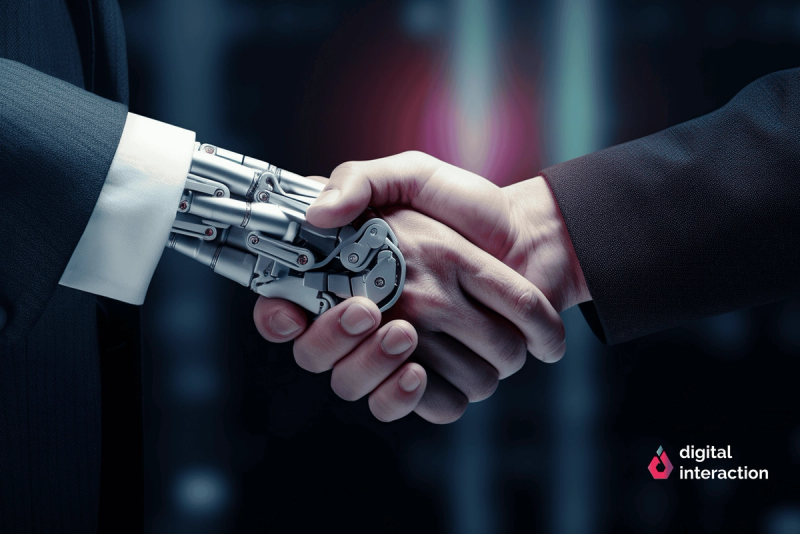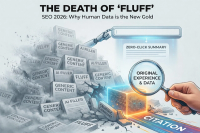Artificial intelligence has become the backbone of modern business. In 2025, more than 78% of organizations use AI in at least one function, compared to ~55% just a year earlier. What was once an emerging technology is now essential infrastructure.
Key Takeaway
AI in 2025 is no longer about experimentation—it’s about strategic integration. Companies using AI are reporting up to 80% productivity improvements, faster ROI, and stronger market positioning. Those that fail to adopt risk losing competitiveness as industries shift toward intelligent automation.
The Scale of AI Adoption
Rapid Uptake Across Industries
AI is being applied across finance, healthcare, retail, logistics, and beyond. Businesses use it to automate repetitive processes, accelerate data analysis, and enhance decision-making at every level.
Global Market Growth
The AI marketing industry alone is valued at $47.3 billion in 2025 and is expected to nearly double to $107.5 billion by 2028. This surge demonstrates not only widespread adoption but also the economic weight AI is adding to global markets.
The Measurable Impact of AI
Productivity Improvements
Early adopters are seeing as much as 80% improvement in productivity, driven by automation of repetitive tasks and streamlined workflows. Teams gain time to focus on strategy, innovation, and customer relationships.
Sector-Specific Transformations
Generative AI is a prime example: in India’s IT sector, it is forecasted to boost productivity by 43–45% over five years, proving how entire industries can scale output and efficiency with AI.
Why Businesses Can’t Afford to Wait
Competitive Advantage
AI enables hyper-personalized marketing, predictive analytics, and optimized ROI. Companies that integrate AI are building advantages that late adopters will struggle to match.
Preparing Teams for the Future
AI augments human talent rather than replacing it. Organizations that provide employees with AI tools ensure a workforce ready for tomorrow’s challenges and opportunities.
Strategic Steps for 2025
- Audit processes to find areas where AI can add efficiency.
- Integrate tools in marketing, operations, and customer support.
- Train teams to collaborate with AI systems effectively.
- Track ROI and scale AI adoption based on proven impact.









